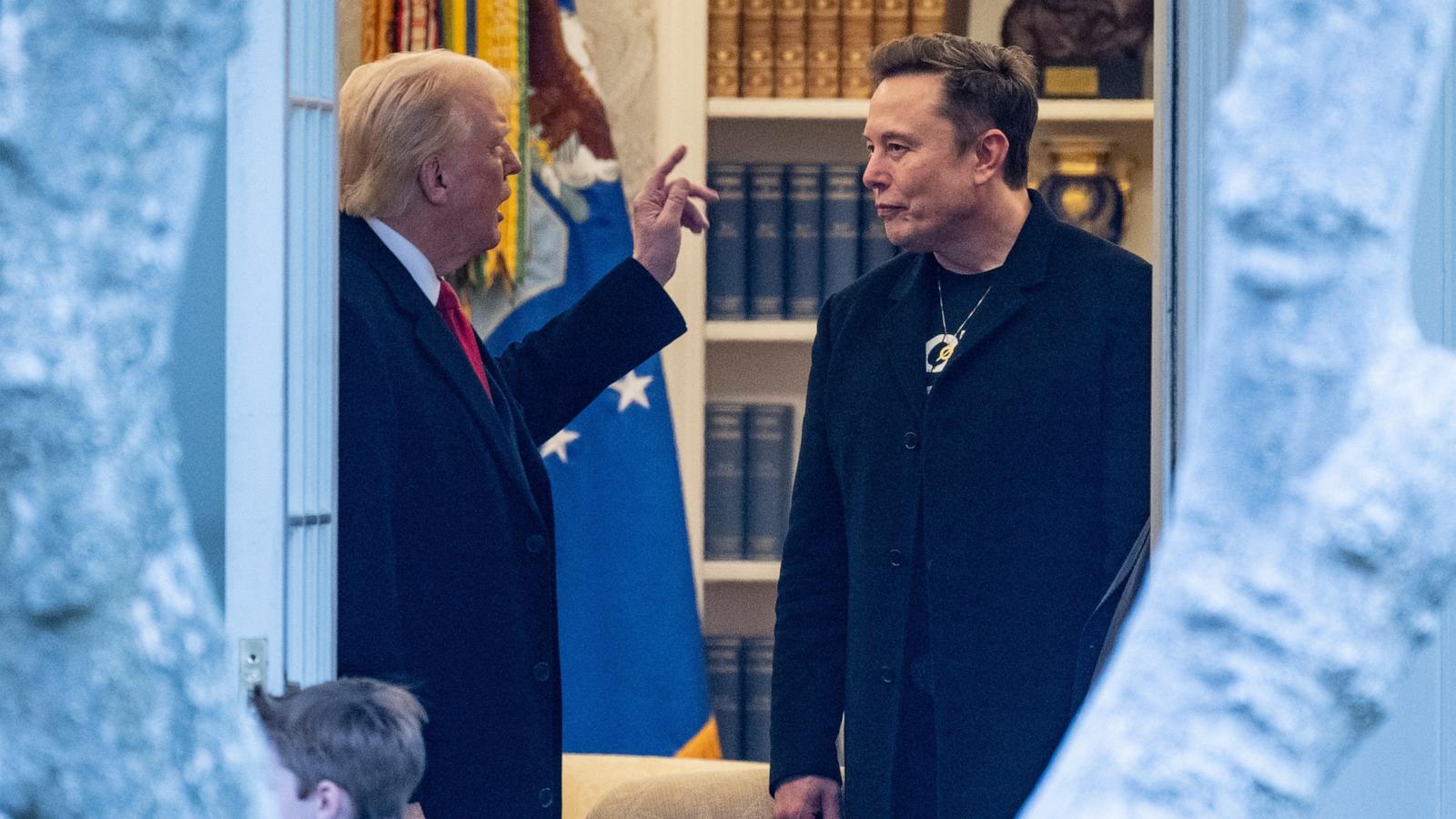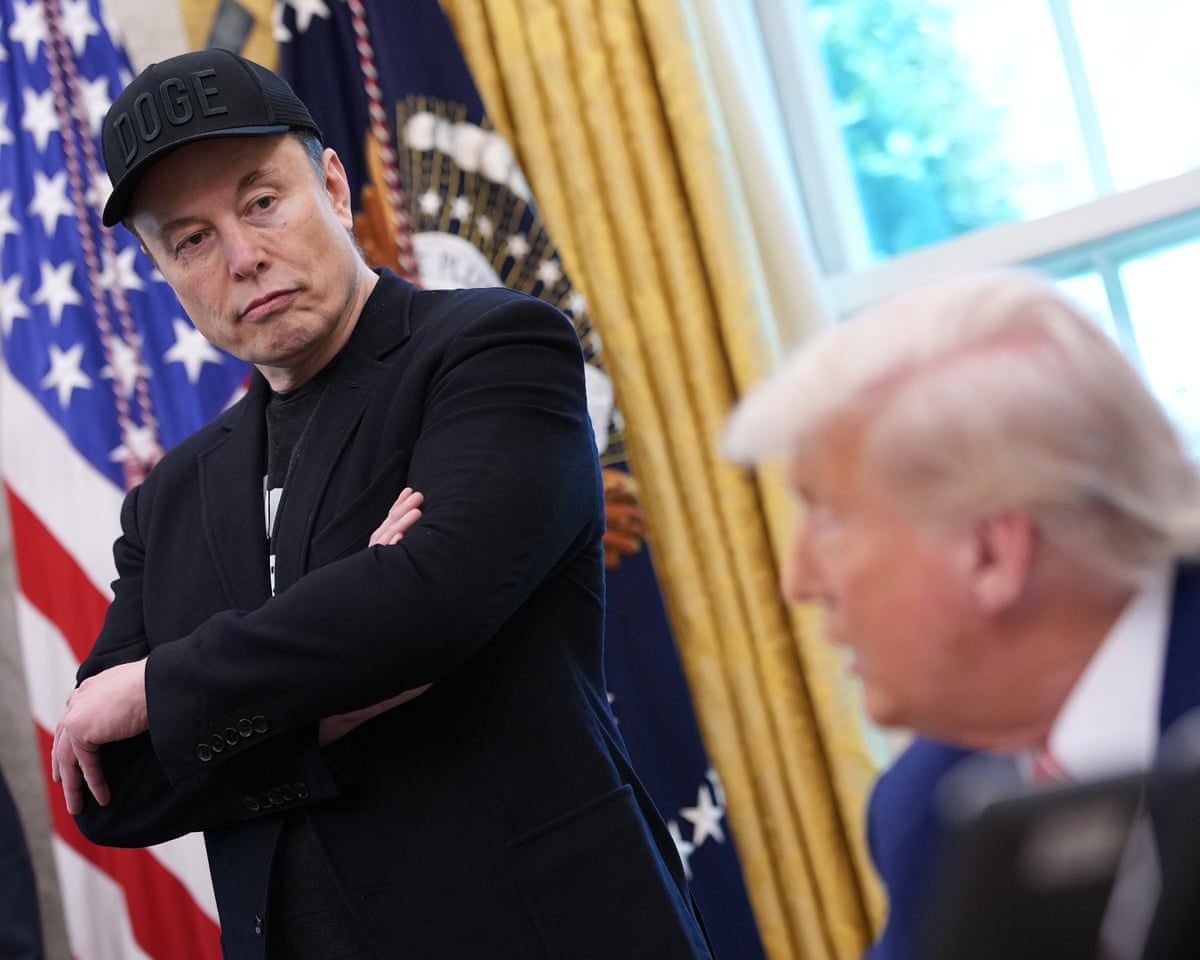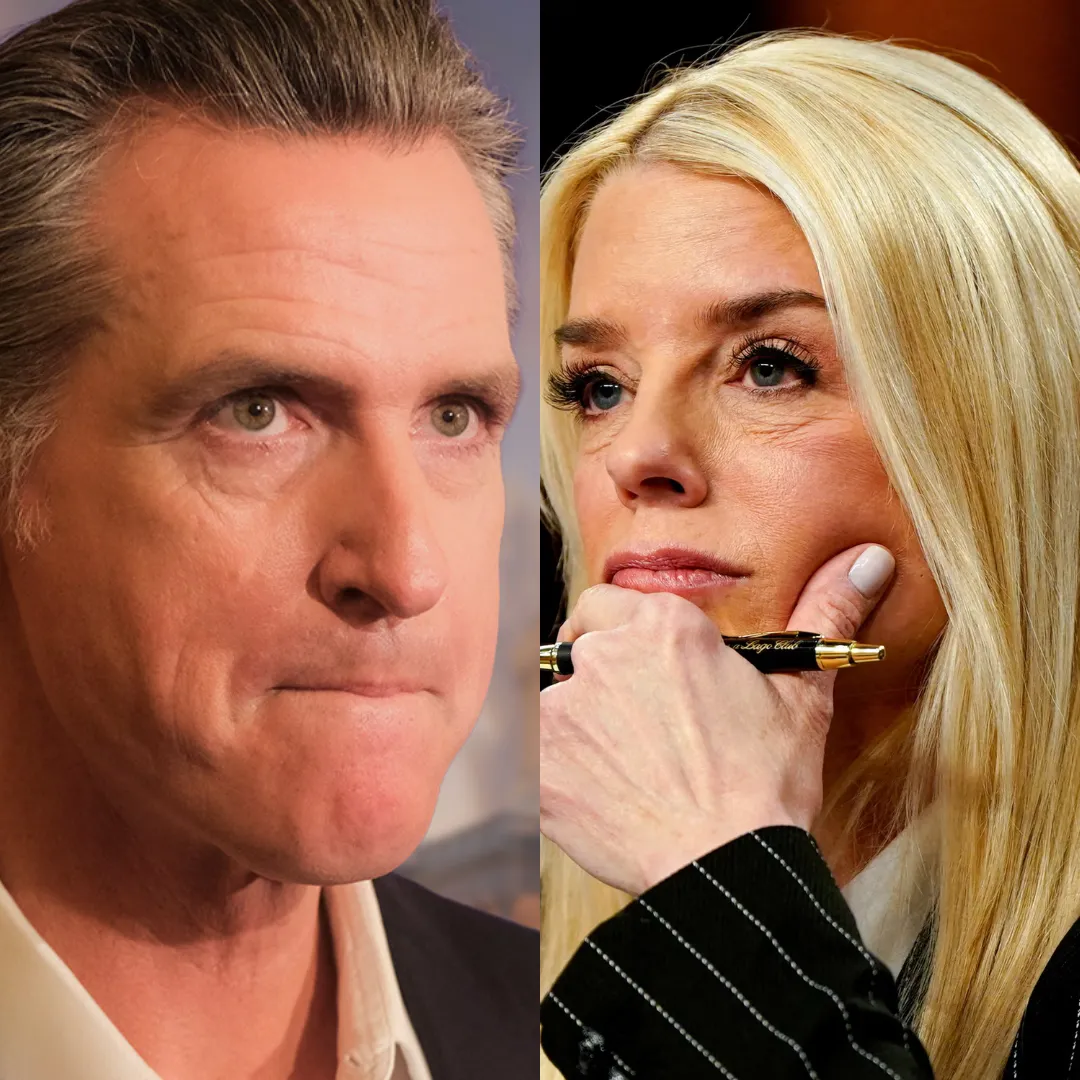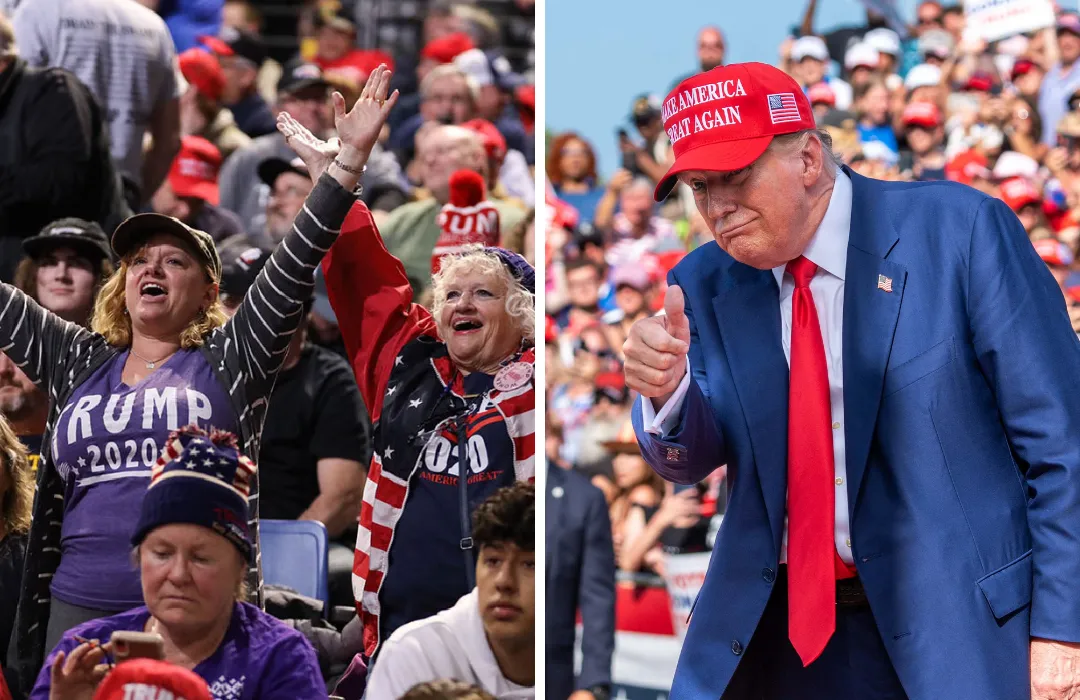
President Donald J. Trump has reignited a high-profile and increasingly bitter feud with tech magnate Elon Musk over a sweeping tax and spending package—coined the “big, beautiful bill”—which the president aims to sign by July 4.
As Congress pushes the legislation forward, Musk’s public defiance and political threats have clashed directly with Trump’s vision for Republican-led governance, leading to sharp consequences and dramatic rhetoric that now includes potential deportation and government contract revocations for the South African-born billionaire.
This week, Musk declared open political warfare on Republicans supporting the bill, promising to fund primary challengers against any GOP lawmakers who back the legislation.
In turn, Trump fired back with fierce warnings, suggesting that Musk—who once enjoyed a close relationship with the president and even occupied a special role in his administration—could be stripped of government contracts and, in a more ominous note, could face deportation.
The White House emphasized that Musk, though now a U.S. citizen, remains subject to legal scrutiny and national interest, especially when attacking what the administration considers its most crucial policy initiative.
The feud, which had appeared to calm just weeks ago, reignited when Musk condemned Trump’s signature legislative package as “utterly insane” and “political suicide for the Republican Party.”
Musk, whose companies like Tesla and SpaceX have benefited from nearly $38 billion in government support over the years, according to a February report, used his social media platform X to decry the bill’s projected $3.3 trillion increase in the federal deficit over the next decade. He also railed against provisions that phase out electric vehicle (EV) tax credits—a key pillar of Tesla’s business model.
In response, Trump dismissed Musk’s concerns as driven by self-interest and bitterness over the loss of subsidies. “He’s upset that he’s losing his EV mandate and he’s upset,” Trump said during a visit to a Florida migrant detention facility.
“But he could lose a lot more than that.” The president went further, declaring that the Department of Government Efficiency (DOGE), an agency Trump created and had once entrusted to Musk, would now be re-evaluating the billionaire’s role in federal contracts. “DOGE is going to look at Musk. And if DOGE looks at Musk, we’re going to save a fortune.”
DOGE, Trump’s signature initiative to slash bureaucracy and wasteful spending, has been praised by fiscal conservatives as a necessary tool to rein in Washington excess.
Under Trump’s leadership, it has reportedly generated $170 billion in savings across federal departments. Musk, formerly an outspoken supporter of the agency’s cost-cutting mission, now says the president’s new bill contradicts DOGE’s original purpose. White House officials have dismissed this as disingenuous.
What’s perhaps most startling to longtime observers is how swiftly Musk has shifted from insider to agitator. Just months ago, he held an honorary office inside the White House complex, even spending nights in the historic Lincoln Bedroom, as he worked alongside Trump to execute DOGE’s reforms.
The two frequently praised each other in public, with Trump even gifting Musk a ceremonial gold key to the White House in May. That camaraderie has now deteriorated into a political spectacle pitting the world’s richest man against the most powerful office in the land.
The president’s allies say the break with Musk only underscores Trump’s commitment to principle over personality. “Trump holds most of the cards,” said veteran GOP strategist Ron Bonjean.

“This isn’t about Elon Musk. This is about a president delivering on his promises to the American people. Cutting spending. Ending waste. And standing up to billionaires who think they can buy influence.”
Bonjean and others acknowledge Musk’s potential to cause turbulence in Republican primaries, especially with his vast personal wealth and high public profile. But they remain confident that Trump’s grip on the party remains ironclad. “Elon can spend his billions on challengers, but voters trust President Trump. They know who’s really fighting for them,” Bonjean added.
Trump himself echoed that sentiment. When asked what changed between him and Musk, the president simply replied, “Nothing.” He dismissed Musk’s criticisms as noise from a disgruntled businessman whose financial interests were being challenged. “He could lose a lot more than EV credits,” Trump said. “I don’t think he should be playing that game with me.”
Indeed, the president left open the possibility that Musk’s citizenship status could be reevaluated. “We might have to put DOGE on Elon,” Trump mused, referring to the agency like a watchdog. “DOGE is the monster that might have to go back and eat Elon. Wouldn’t that be terrible?”
These comments, though delivered with Trump’s characteristic bravado, reflect the seriousness with which the White House is approaching Musk’s increasingly aggressive behavior.
Insiders say Trump feels personally betrayed by Musk, who benefited immensely from the president’s support yet now appears to be leveraging his influence against the GOP.
The Republican base, meanwhile, appears unfazed by the split. While Musk’s America PAC reportedly spent over $250 million supporting Trump’s 2024 re-election and other conservative causes, GOP lawmakers and operatives say they would still prefer Trump’s endorsement over Musk’s money. “No candidate wants Musk’s war chest turned against them, but Trump’s endorsement is worth far more,” said Republican strategist Alex Conant. “This is still Trump’s party.”
Some in Trump’s inner circle downplayed the long-term impact of the feud. “It’s not a major political threat,” said a former White House official. “This is a flare-up, not a serious inflection point. Nobody in GOP leadership is going to turn on Trump because of Elon Musk.”

But for Musk, the stakes are growing. His public vow to end the political careers of pro-bill Republicans has stirred speculation that he may be laying the groundwork for a third party—an effort he floated earlier this year.
“Every member of Congress who campaigned on reducing government spending and then immediately voted for the biggest debt increase in history should hang their head in shame,” Musk posted on X. “And they will lose their primary next year if it is the last thing I do on this Earth.”
Despite the bluster, political analysts caution that Musk’s ambitions could fall flat. “We’re a two-party country, pure and simple,” said one former Trump campaign advisor. “Musk is probably the only person rich enough to challenge that, but without credible candidates and real grassroots support, it’s not going to happen.”
Meanwhile, Trump is pressing forward with the megabill’s final passage. The Senate passed a version of the bill earlier this week, with the House expected to follow suit before the July 4 deadline.
The bill includes major tax reforms, reductions in federal agency duplication, and cuts to social programs the White House says are inefficient. Though deficit concerns remain, the Trump administration insists the bill will stimulate growth and restore fiscal discipline.
The political optics are also clear. By pushing the bill through, Trump is seeking to cement his legacy as a reformer and fiscal hawk ahead of the 2026 midterms. Musk’s opposition, while loud, is unlikely to derail a legislative agenda that remains broadly supported by Republican leadership.
Still, the personal dimension of the feud continues to dominate headlines. What was once a dynamic alliance between two powerful figures—both disruptors in their own right—has now devolved into a proxy war over influence, policy, and ego. Whether it fizzles or escalates further remains to be seen.
One thing is certain: Donald Trump is not backing down. His administration continues to frame the showdown not as a distraction, but as a decisive moment in the president’s crusade to reshape Washington.
As his spokesman declared in a recent statement, “Many Presidents have promised, but none other than President Trump has delivered to actually make government more efficient. And that mission is moving full steam ahead.”
In the end, while Musk may be able to stir the waters with his fortune and followers, it’s Trump who sets the course—and the Republican Party, for now, remains firmly in his wake.





